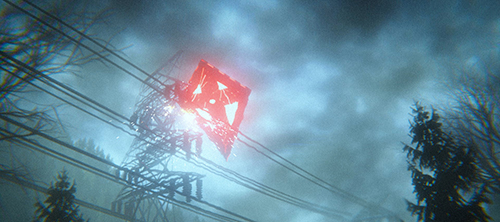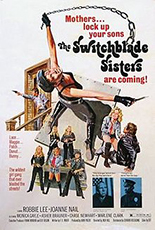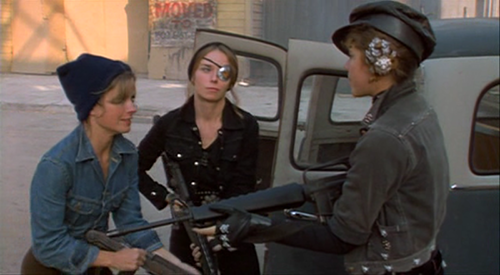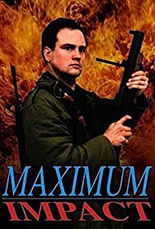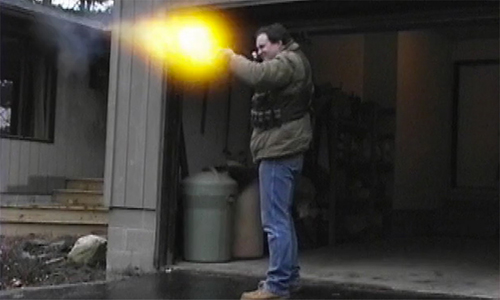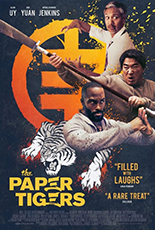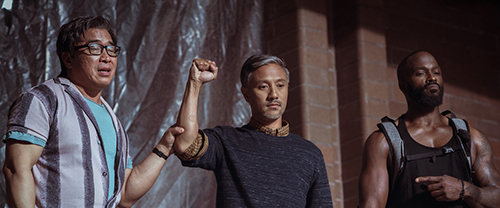
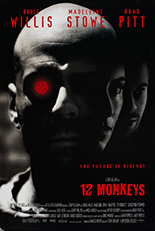 I’ve said it once and I’ll say it again: Terry Gilliam has always been a true visionary who has never received the full credit he truly deserves, and I’m not talking about Monty Python.
I’ve said it once and I’ll say it again: Terry Gilliam has always been a true visionary who has never received the full credit he truly deserves, and I’m not talking about Monty Python.
While he has done some truly great movies like Time Bandits, Brazil and The Fisher King, I feel that he reached his absolute mainstream height with 1995’s 12 Monkeys, a truly original take on time travel inspired by the absorbing French short film La Jetée, told mostly in photographs.
Bruce Willis stars as James Cole, a prisoner chosen for a dangerous experiment to travel from 2035 to 1996 to stop a deadly disease that was supposedly started by a group known as the 12 Monkeys. However, during his first attempt, he ends up in 1990 in a mental institution, with Jeffery Goines (Brad Pitt) as a bunkmate, giving him — who happens to be the leader of the 12 Monkeys, natch — the idea for starting the simian insurrection.
Mistake (somewhat) fixed, Cole is sent to 1996, for real, kidnapping one of his former doctors from the asylum, Kathryn Railly (Madeleine Stowe). He attempts to stop the 12 Monkeys — and the virus in general — but through a series of continually turning and twisting spheres, we soon learn that Cole can’t change the future, no matter how hard he tries. But he doesn’t know that.
Filmed with Gilliam’s masterful hand, 12 Monkeys presents a claustrophobic underground future, yet somehow makes the then-present feel even grimmer and grimier. That’s one of his specialties, with everything he’s ever done coming together, almost knowing that the end of the world — and the end of his career due to money-hungry studio heads — was coming. —Louis Fowler

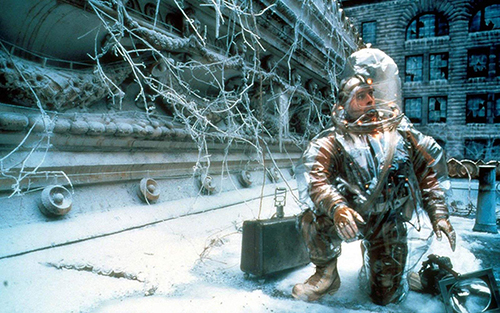

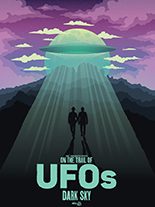 With his Small Town Monsters label, Seth Breedlove has, well, bred a cottage industry of documentaries on all things cryptozoological and/or mythological. After features on Bigfoot and
With his Small Town Monsters label, Seth Breedlove has, well, bred a cottage industry of documentaries on all things cryptozoological and/or mythological. After features on Bigfoot and 